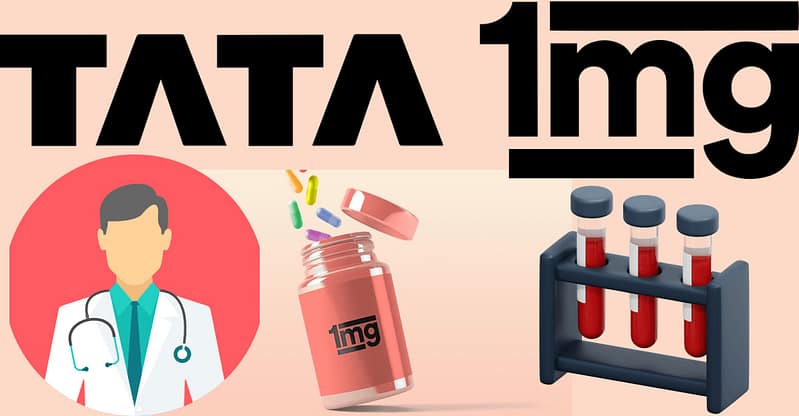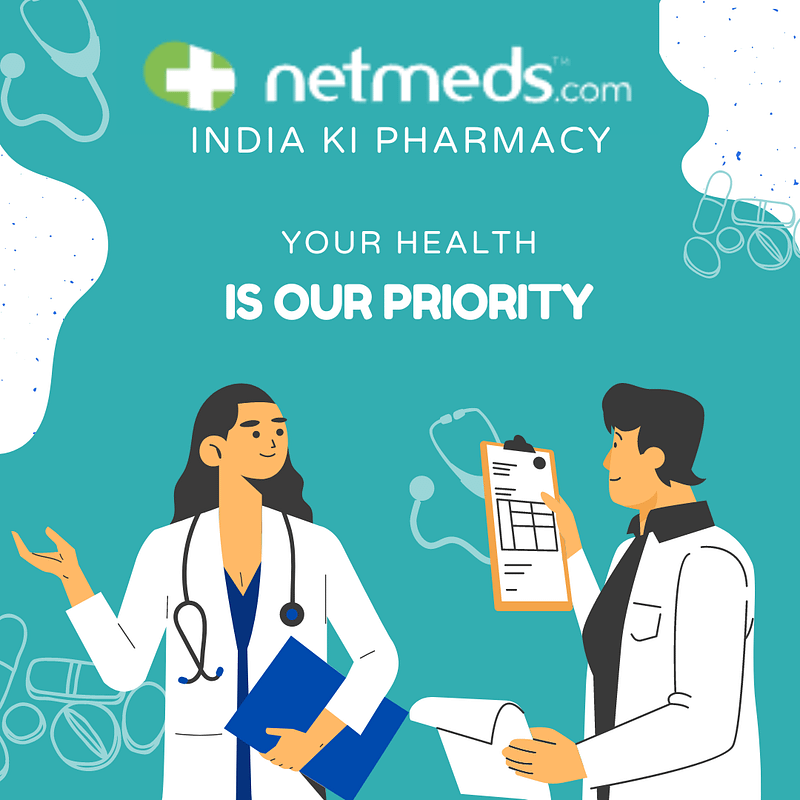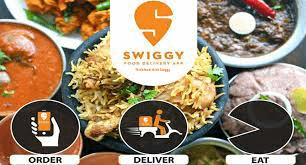Blood pressure is the force of your blood pushing against the walls of your arteries. Each time your heart beats, it pumps blood into the arteries. Your blood pressure is highest when your heart beats, pumping the blood. This is called systolic pressure. When your heart is at rest, between beats, your blood pressure falls. This is called diastolic pressure.
Your blood pressure reading uses these two numbers. Usually the systolic number comes before or above the diastolic number. For example, 120/80 means a systolic of 120 and a diastolic of 80.
How is high blood pressure diagnosed?
High blood pressure usually has no symptoms. So the only way to find out if you have it is to get regular blood pressure checks from your health care provider. Your provider will use a gauge, a stethoscope or electronic sensor, and a blood pressure cuff. They will take two or more readings at separate appointments before making a diagnosis.
Blood Pressure Category Systolic Blood Pressure Diastolic Blood Pressure
Normal Less than 120 and Less than 80
Elevated 120 – 129 and Less than 80
High Blood Pressure Stage 1 130 – 139 or 80 – 89
High Blood Pressure Stage 2 140 or higher or 90 or higher
Hypertensive Crisis (dangerously high blood pressure – seek medical care right away) Higher than 180 and Higher than 120
For children and teens, the health care provider compares the blood pressure reading to what is normal for other kids who are the same age, height, and sex.
What are the different types of high blood pressure?
There are two main types of high blood pressure: primary and secondary high blood pressure.:
Primary, or essential, high blood pressure is the most common type of high blood pressure. For most people who get this kind of blood pressure, it develops over time as you get older.
Secondary high blood pressure is caused by another medical condition or use of certain medicines. It usually gets better after you treat that condition or stop taking the medicines that are causing it.
Why do I need to worry about high blood pressure?
When your blood pressure stays high over time, it causes the heart to pump harder and work overtime, possibly leading to serious health problems such as heart attack, stroke, heart failure, and kidney failure.
What are the treatments for high blood pressure?
Treatments for high blood pressure include heart-healthy lifestyle changes and medicines.
You will work with your provider to come up with a treatment plan. It may include only lifestyle changes. These changes, such as heart-healthy eating and exercise, can be very effective. But sometimes the changes do not control or lower your high blood pressure. Then you may need to take medicine. There are different types of blood pressure medicines. Some people need to take more than one type.
If your high blood pressure is caused by another medical condition or medicine, treating that condition or stopping the medicine may lower your blood pressure.
Hypertension is nowadays a very common health issue but, it is very easily reversible and preventable if one simply follows a healthy and cautious lifestyle.
High blood pressure, or hypertension, is a common condition that significantly increases the risk of heart disease, stroke, and other serious health problems. The good news is that maintaining a healthy blood pressure is possible through lifestyle adjustments. Here are some effective tips for managing and maintaining healthy blood pressure levels.
10 Ways You Can Maintain A Healthy Blood Pressure Every Day
Dr Abhijit Borse, sr. Interventional cardiologist, Asian Heart Institute, Mumbai spoke to TheHealthsite.com and explained elaborately the steps that one should take every day to keep their blood pressure healthy and in check.
- Maintain a Healthy Diet
Dr. Borse recommends a diet rich in fruits, vegetables, whole grains, and lean proteins can help manage blood pressure. The DASH diet (Dietary Approaches to Stop Hypertension) is specifically designed to
lower blood pressure
by reducing sodium intake and emphasizing foods high in potassium, calcium, and magnesium.”
- Reduce Sodium Intake
According to Dr. Borse, excess sodium can raise blood pressure. Limit your salt intake to less than 2,300 mg per day (about one teaspoon). Ideally, aim for 1,500 mg per day for better blood pressure control. Use herbs and spices to flavor food instead of salt.
- Exercise Regularly
“Physical activity strengthens the heart, making it more efficient at pumping blood and reducing pressure on the arteries. Aim for at least 30 minutes of moderate exercise, like brisk walking or cycling, five times a week,” says Dr. Borse.
- Maintain A Healthy Weight
He also advises people to lose weight. Carrying extra weight, especially around the waist, increases the risk of high blood pressure. Even losing a small amount of weight, like 5-10 pounds, can significantly lower blood pressure.
- Limit Alcohol Consumption
“Drinking too much alcohol can raise blood pressure,” says Doctor. Stick to moderate drinking: up to one drink per day for women and two for men. Too much alcohol can also reduce the effectiveness of blood pressure medications.
- Manage Stress
Chronic stress
can contribute to high blood pressure. Practice relaxation techniques such as deep breathing, meditation, yoga, or other stress-relief activities to help manage your stress levels.
- Quit Smoking
Smoking damages blood vessels and raises blood pressure. Quitting smoking not only improves overall health but also significantly reduces the risk of heart disease and helps normalize blood pressure.
- Monitor Your Blood Pressure Regularly
Regular monitoring at home can help you track your progress and detect any issues early. Keep a log of your readings and consult your doctor if you notice any significant changes.
- Limit Caffeine
Caffeine can temporarily increase blood pressure. If you are sensitive to caffeine, limit your intake and monitor how it affects your blood pressure. It’s advisable to keep coffee and caffeinated drinks in moderation.
- Get Enough Sleep
Poor sleep can contribute to high blood pressure. Aim for 7-9 hours of restful sleep each night to help your body recover and maintain optimal health.
Maintaining a healthy blood pressure is crucial for long-term heart health. By incorporating these lifestyle tips, you can effectively manage and reduce your blood pressure, protecting yourself from heart disease and other complications.




















